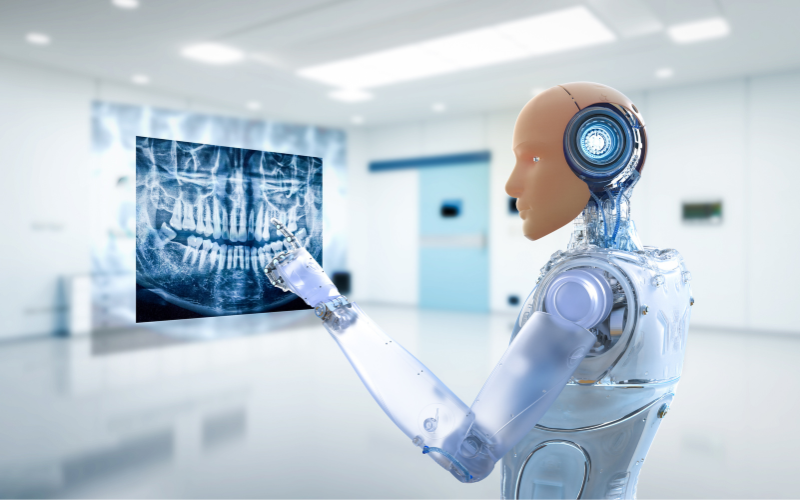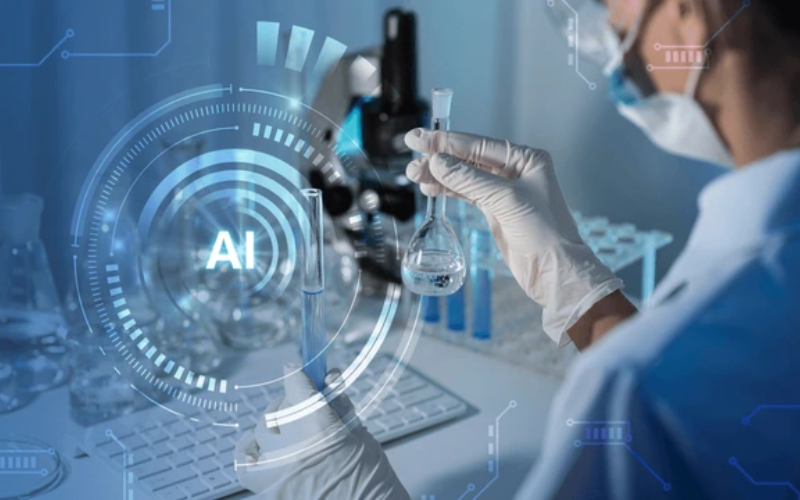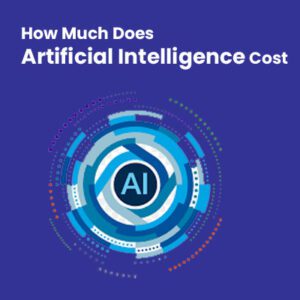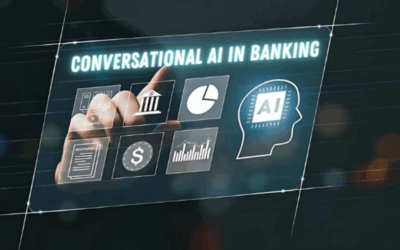Applications Of Artificial Intelligence In Pharma Industry
AI in Pharma Industry
AI in Pharma: Innovations and Challenges
Artificial Intelligence (AI) is a rapidly growing technology that is used for a wide range of applications across industries. Small, mid-sized, mid-sized, and multinational companies are using AI technology and enhancing their capabilities to work smart in this digital sphere.
Like retail, e-commerce, and manufacturing sectors, AI is gaining prominence across healthcare and pharma sectors. Leveraging the power of this modern Artificial Intelligence in Pharma Industry, the companies are finding innovative ways to resolve some of the significant issues that the pharma sector is facing today.
Yes. AI-powered apps using machine learning, deep learning, predictive analytics, and big data have brought a radical shift in the paradigm of pharma.
Artificial intelligence in Pharmaceutical Industry has the potential to promote innovation, while at the same time increasing productivity and providing better results. In addition, Artificial Intelligence in Pharma Industry offers a value proposition to the companies by creating new and latest business models.
You can observe AI implementation in almost every aspect of the pharmaceutical field. From drug discovery and development to drug manufacturing to supply chain and marketing, AI has its impact. Hence, AI in Pharmaceuticals and Healthcare ensures cost-effectively operations, business efficiency, and hassle-free approvals for new drugs. We learn more about benefits of artificial intelligence in pharmaceutical industry as well.

In this article, we would like to give you a brief overview of the top 10 AI applications in the pharmaceutical sector. These best AI trends & use cases in pharma will let you understand the rapid AI adoption in pharma.
The Best Applications Of Artificial Intelligence In Pharmaceutical Industry
#1 Drug Discovery Process and Design
The use of AI in the pharmaceutical industry for the design and development of drugs is increasing. From making small molecules to determining novel biological targets, AI plays a prominent role in drug target identification and validation. It is widely used for multi-target drug innovation and biomarker identification in an efficient way with great accuracy.
A major benefit of the pharma industry is that when AI is administered during drug testing, it minimizes the drug development time. Artificial Intelligence in Pharma Industry will also benefit drug developers to accomplish clinical trials faster and launch their products into the market for use. It leads to a cost and time-saving development process and also makes the innovative drugs available for improving patient care without side effects.
For example, researchers in pharmaceutical can identify and verify novel cancer drugs using data such as longitudinal EMR records (Electronic Medical Records) and other omic data. The AI systems using ML and other data analytics algorithms will extract insights from EMR data and creates the best formulations to design and develop drugs that cure tumors well.
#2 R&D
Pharma companies across the globe are using advanced AI-powered tools and ML algorithms to smoothen the drug research, development, and innovation process. These technology tools are designed to detect complex patterns in large datasets. Therefore, AI in pharma industry can be used to resolve problems associated with the research and development process.
This ability to study patterns of various diseases and to determine which composite formulations are best suited for the treatment of specific symptoms of a particular disease is excellent. Pharma industries can invest in the R&D of such drugs that are more likely to treat a disease or medical condition successfully.
#3 Disease Prevention
Pharmaceutical organizations can use Artificial intelligence to develop medicines Parkinson’s and Alzheimer’s and very rare diseases.
As per Global Genes, it is a fact that almost 95% of rare diseases do not have more drugs to treat and cure faster. However, thanks to the innovative capabilities of AI and ML. The use of AI in the pharmaceutical industry will completely transform this scenario and ensure the most-advanced models for detecting hazardous diseases in the early stage and improve patient outcomes.
#4 Next-Level Diagnosis
Physicians can use advanced machine learning systems to gather, process, and analyze patient health care data. Healthcare professionals across the globe are using deep learning and ML to securely store patient data in the centralized storage system or cloud. It is called Electronic Medical Records (EMR).
Physicians may refer to these health records when they need to understand the effect of a specific genetic trait on a patient’s health or how medicine treats it. Machine Learning systems can use data stored in EMRs to generate real-time estimates for diagnostic purposes and to indicate appropriate treatment for the patient.
As ML technologies are capable of processing and analyzing large amounts of data quickly, they can help speed up the diagnostic process, thereby saving millions of lives.
#5 Epidemic Prediction
Pharma companies and healthcare industries are using ML and AI technologies to monitor and assess the spread of infections worldwide. These modern technologies are used for consuming data collected from various resources, analyzing several environmental, biological, and geographical factors on the population health of diverse geographical regions, and deriving data insights to reduce the impact of epidemics in the future.
Artificial intelligence and machine learning models are particularly beneficial for underdeveloped economies that lack medical infrastructure and financial framework to combat the spread of infection.
A good example of this is the ML-based malaria outbreak prediction model, which serves as a warning tool for malaria outbreaks and helps health care providers take the best action to combat it.

#6 Identifying Clinical Trials
It is one of the key pharmaceutical use cases for embracing AI into existing models. The use of AI in the pharmaceutical industry for identifying drug candidates which are under final clinical trials from vast clinical data is on the rise.
Artificial Intelligence in Pharmaceutical Industry will help companies in analyzing thousands of samples in minutes and automatically logs data related to how patients are responding during clinical trials.
Here are a few advantages of using AI in pharma industry for clinical trials:
- AI applications or systems analyze historic clinical data
- AI apps help in monitoring drug performance and evaluating drug responses
- With the integration of speech recognition technologies, AI apps for pharma will be helpful for recording patients’ oral text during drug trial phases. It means that AI applications will record patients’ responses.
Hence, the use of artificial intelligence in clinical trials has the potential in fastening clinical trials and introduce the safest drugs into the market. It is also one of the top use cases for Machine Learning in Pharma. Speech analysis and real-time patient and drug monitoring activities will be done accurately using ML, deep learning, and natural language processing technologies.
#7 Drug Adherences and Dosage
The adoption of AI in Pharmaceuticals and Healthcare is increasing at a rapid pace for identifying the right amount of drug intake to ensure the safety of drug consumers. AI technology will monitor patients during clinical trials and suggest the right amount of dosage at regular intervals.
These are all key pharmaceutical use Cases for Embracing AI. AI in Pharmaceuticals and Healthcare will definitely accelerate automation in processes and drive more accuracy than ever before.
These AI trends & use cases in pharma will assist drug development and healthcare companies in ensuring efficacy across end-to-end production lines and delivering top-notch performance in front of the FDA.
Conclusion
The scope of Artificial intelligence and machine learning in the Pharma industry looks very promising in the future. AI opportunities for pharma companies are unmeasurable.
The use of AI applications in pharma will ensure operational excellence across drug structure design, drug development processes, selecting patients for clinical trials, monitoring drug performance, identifying proper dosage, etc.
Are you looking to hire an AI Development Company for your AI application?
Our AI consultants and developers will guide you on the right path!






















